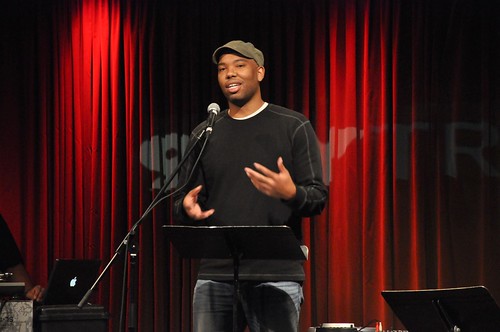Race in America, Past and Present is a collaborative exploration of the complex historical legacy of anti-Black racism in the United States and of the multifaceted history of resistance to racism, racial capitalism, and racial inequality and their many manifestations. Structured by short common reading and viewing, facilitated conversations will explore the impact of history on contemporary racial politics.Participants will gain a strong, historically informed foundation for understanding the causes and consequences of racial inequality in today’s society and reflect on the relationships between past and present and between personal and political.
The workshop will convene for five two-hour conversations during Fall 2016 and one two-hour session during Winter 2017. Funding from the Office of Diversity and Cultural Engagement and the School of History, Philosophy, and Religion will provide refreshments. This year’s workshop facilitators are Terrance Harris, Director of the Lonnie B. Harris Black Cultural Center; Marisa Chappell, Associate Professor of History; and Linda Richards, Instructor in History. Students from across campus will be welcome to participate.

This year’s pilot workshop is designed around the writings of Ta-Nehisi Coates. Coates is a senior editor at the Atlantic and publishes extensively about racial politics in the United States; his works are grounded firmly in historical context and analysis. Coates will visit OSU in February 2017, where he will offer a public lecture and meet with students. Coates’s work offers a constructive foundation for introducing and discussing the contemporary resonance of historical legacies of race and racism. We envision future workshops built around broad themes (e.g., race and bio-politics; activisms past and present; race, gender, and sexuality) or focusing on the works of particular thinkers, authors, or activists. Above all, we aim to create the conditions for meaningful, constructive, and collaborative conversations that will equip members of the OSU community not only to understand current manifestations of racial inequality but also to join the struggle to build a more just society.

